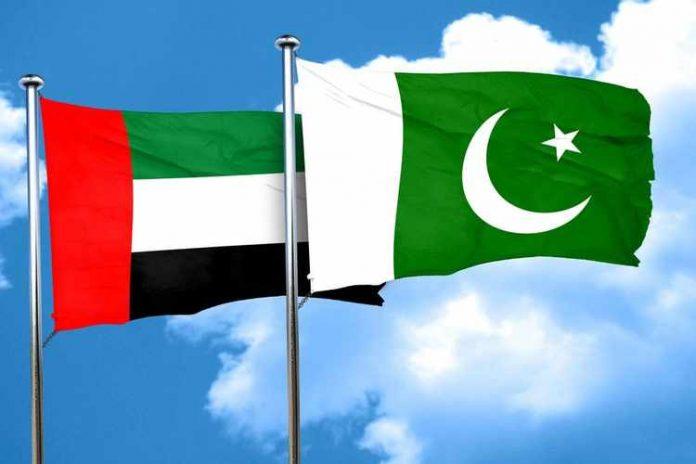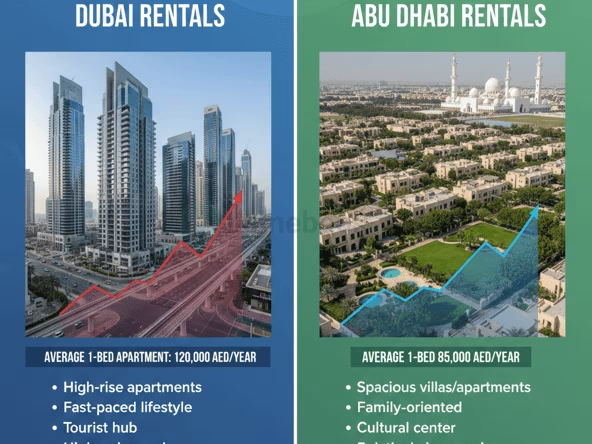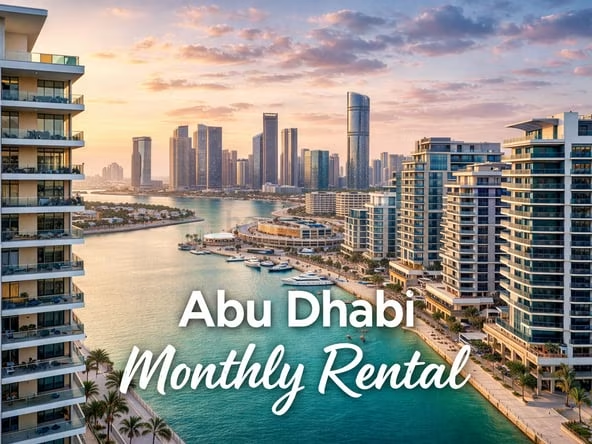Dubai has long been a beacon for people seeking better opportunities, a luxurious lifestyle, and a vibrant cultural experience. If you’re planning to relocate from Pakistan to Dubai, this guide will simplify the process and help you transition smoothly. This Dubai relocation guide for Pakistanis covers everything you need to know for a successful move.
Understanding the Basics of Moving to Dubai
Dubai is a popular choice for Pakistanis due to its proximity, shared cultural similarities, and thriving job market. It offers an array of opportunities for professionals, families, and students alike. Whether you’re moving for work, education, or a new adventure, Dubai has something for everyone.
Dubai’s unique position as a global city makes it attractive for Pakistani expats. Its safety, modern infrastructure, and tax-free income policies are significant draws. Additionally, the city provides a multicultural environment where Pakistanis can feel at home while enjoying diverse experiences. This comprehensive guide to moving to Dubai highlights the essential steps and benefits of relocating to this vibrant city.
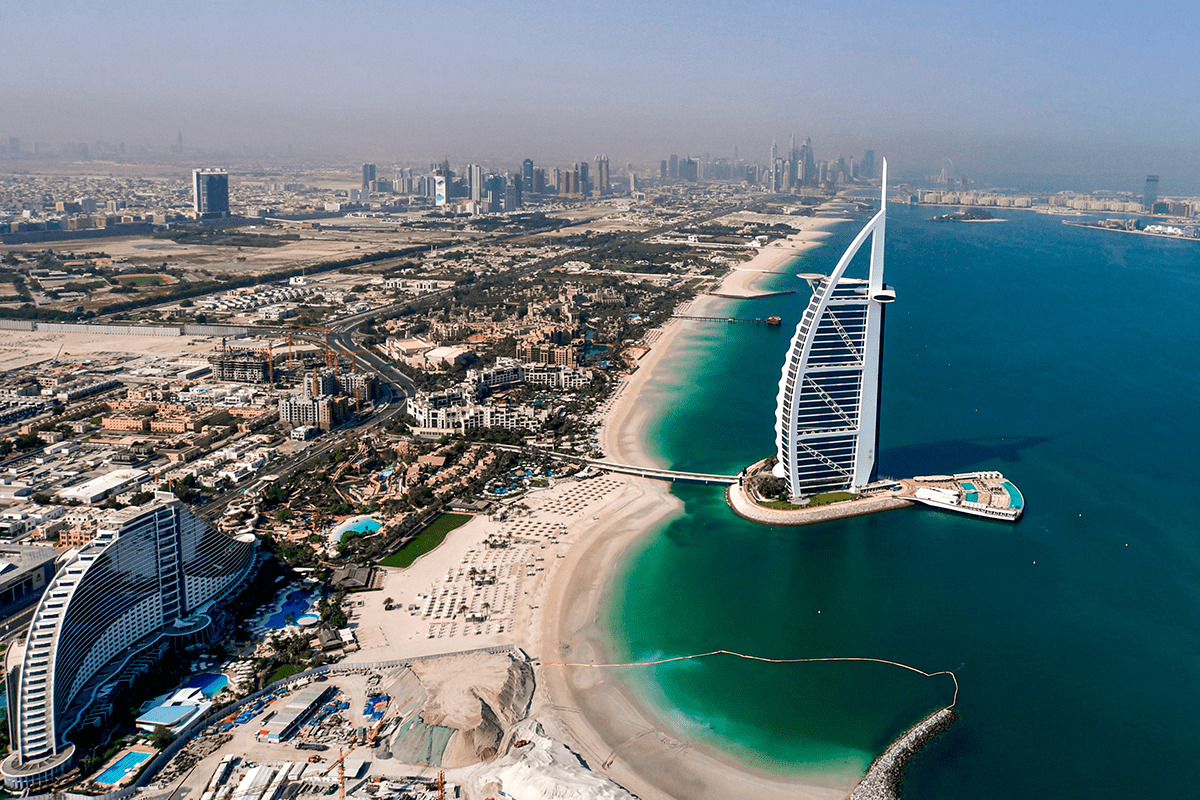
Securing a Visa for Dubai
Moving to Dubai starts with understanding the visa process. There are different visa types depending on your purpose:
Work Visa: Your Gateway to Employment in Dubai
If you’re relocating for a job, your employer will typically sponsor your work visa. Make sure to have a valid employment contract and meet the eligibility criteria. The work visa allows you to reside and work legally in the UAE, giving you access to benefits like health insurance and labor rights. This Dubai relocation guide for Pakistanis ensures you’re well-prepared for employment opportunities.
Related Post: All About Moving from India to Dubai
Residence Visa: Long-term Living in Dubai
For those planning to stay for an extended period, obtaining a residence visa is essential. This can be facilitated through employment, family sponsorship, or property ownership. A residence visa is crucial for opening a bank account, renting a home, and enrolling children in school.
Tourist Visa: Exploring Dubai Before Moving
If you’re visiting Dubai to explore opportunities or neighborhoods before relocating, a tourist visa is a great starting point. Ensure you understand the process of converting this into a long-term visa if needed. Exploring the city beforehand can help you decide on the ideal area to live and work.
Preparing for the Move: What You Need to Know
Preparing for your relocation to Dubai is a crucial step to ensure a smooth transition. Start by organizing your essential documents, including your passport, visa, educational certificates, and any professional licenses you may need. These documents are often required for employment, housing, and other legal processes.
Budgeting is another key aspect. Consider initial expenses such as flight tickets, temporary accommodation, visa application fees, and other relocation costs. It’s wise to allocate a cushion for unexpected expenditures during your first few months in the city. Having a clear financial plan will help you avoid unnecessary stress.
Research is your best friend when it comes to choosing a neighborhood. Factors such as proximity to your workplace, schools for children, and availability of public transport can greatly influence your decision. Areas like Deira, Bur Dubai, and Al Nahda are popular among Pakistani expats for their affordability and cultural familiarity.
Lastly, familiarize yourself with Dubai’s local customs, rules, and climate. Understanding the cultural norms will help you integrate smoothly into the community. The hot climate may also require some adjustments, so pack accordingly and ensure you stay hydrated upon arrival. By taking these steps, you can set a strong foundation for a successful move to Dubai and fully enjoy the Dubai lifestyle for Pakistani expats.
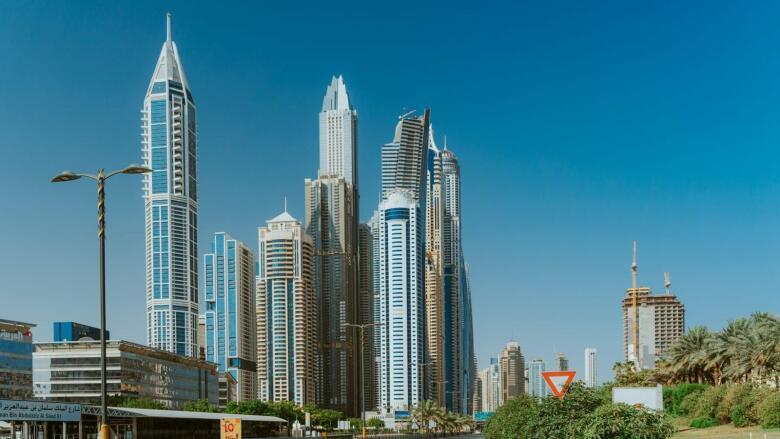
Cost of Living in Dubai for Pakistani Expats
The cost of living in Dubai can vary, but planning ahead will help you manage expenses.
- Housing: Accommodation costs depend on the area and type of housing. For example, renting a studio apartment in affordable areas like Al Nahda or Deira can cost around AED 3,500 to AED 5,000 monthly, while upscale areas like Downtown Dubai are more expensive.
- Transportation: Dubai offers cost-effective public transport options like the metro, buses, and trams. A monthly pass for the metro costs around AED 300, which is a practical choice for daily commuting.
- Food: Dubai’s culinary scene caters to all budgets. Grocery costs in local markets are reasonable, and dining options range from affordable Pakistani eateries to high-end international restaurants. Cooking at home can significantly reduce food expenses.
- Utilities and Other Expenses: Monthly utilities, including water, electricity, and internet, typically range between AED 500 and AED 1,000 for a small apartment. Be mindful of other recurring costs like mobile phone bills and healthcare premiums.
Related post: Why Monthly Rentals in Dubai Are Perfect for Expats
Finding Housing in Dubai
Dubai’s real estate market offers a variety of housing options:
Housing Options: Apartments and Villas
Choose between modern apartments, spacious villas, or budget-friendly shared spaces. Popular neighborhoods for Pakistani expats include Bur Dubai, Deira, and Al Nahda. These areas provide affordability, proximity to community hubs, and access to mosques and Pakistani grocery stores.
Affordable Housing Solutions by Homebook.ae for Pakistani Expats
Homebook.ae provides convenient and budget-friendly room rental options tailored for expats.
- Flexible Monthly Rentals: Ideal for new arrivals who want a hassle-free living arrangement.
- How to Book: Visit Homebook.ae to browse listings and secure your ideal accommodation. Their platform ensures transparency and ease in finding the perfect home in Dubai. fore see more we suggest visit Room for rent in Dubai page
Education Opportunities for Families
For families moving to Dubai, education is a top priority. The city boasts international schools and institutions that cater to various curricula, including British, American, and Indian systems. Pakistani children can also find schools aligned with their home country’s curriculum.
Popular schools among Pakistani expats include the Pakistan Education Academy and The City School International. Researching school fees, locations, and extracurricular offerings can help parents make informed decisions.
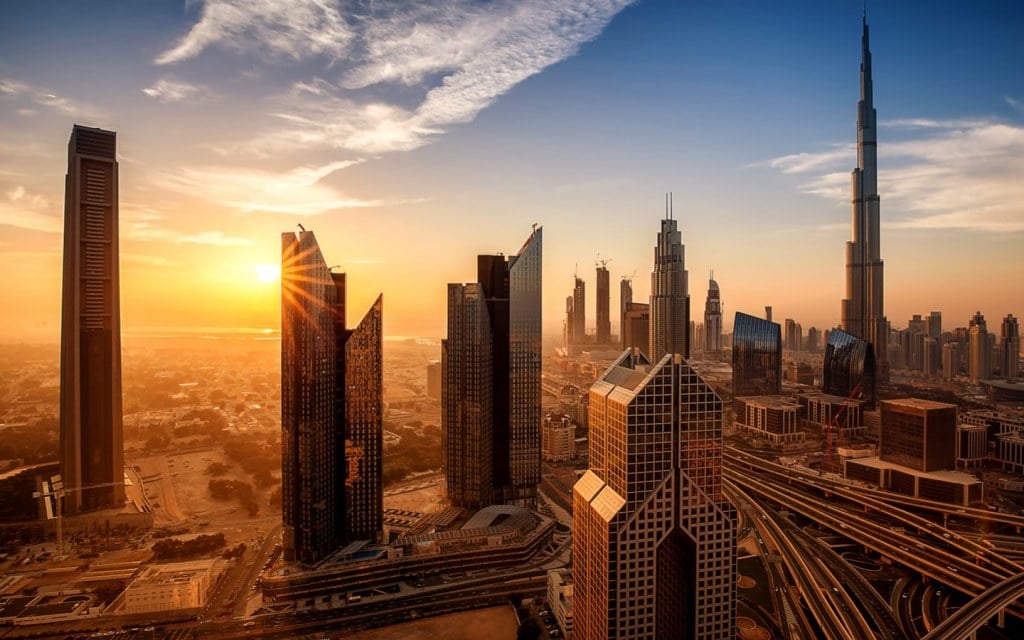
Employment Opportunities in Dubai
Dubai’s job market is diverse, offering roles in industries like hospitality, construction, healthcare, and IT. Polish your CV, network through platforms like LinkedIn, and explore job portals to land your dream role.
For Pakistanis, professions in accounting, engineering, and healthcare are in demand. Leveraging community networks and attending job fairs can further enhance your job search. This Dubai relocation guide for Pakistanis will help you tap into promising career prospects.
Navigating Dubai’s Healthcare System
Dubai has a world-class healthcare system with public and private hospitals. Ensure you’re covered by medical insurance, which is mandatory for all residents. Expats can choose from various health insurance plans based on their needs and budget.
Hospitals like Rashid Hospital and Dubai Hospital provide excellent care at competitive rates. It’s advisable to keep a list of nearby clinics and emergency contacts.
Embracing Dubai’s Lifestyle and Culture
Dubai offers a unique blend of modernity and tradition. Pakistani expats often find comfort in the city’s welcoming environment, rich cultural festivals, and halal dining options. Respecting local customs and laws will help you integrate smoothly.
Participating in community events, visiting cultural landmarks, and exploring local cuisines can enrich your experience. Dubai’s numerous parks, beaches, and shopping malls also provide ample recreational activities. The Dubai lifestyle for Pakistani expats offers a perfect balance of work and leisure.
Managing Finances as a Pakistani Expat in Dubai
Opening a Bank Account in Dubai
Setting up a bank account is essential for managing your finances. Ensure you have the required documents, such as your Emirates ID and passport. Banks like Emirates NBD and ADCB offer tailored services for expats.
Sending Money Back to Pakistan
Use reliable remittance services or banks for transferring money. Compare rates to get the best value for your earnings. Popular options include Al Ansari Exchange and Western Union, which are trusted by the Pakistani community.
Tips for a Smooth Relocation to Dubai
- Research thoroughly before making decisions.
- Connect with Pakistani expat communities for guidance.
- Learn basic Arabic phrases to navigate everyday situations.
- Keep a checklist of tasks to ensure you don’t miss important steps.
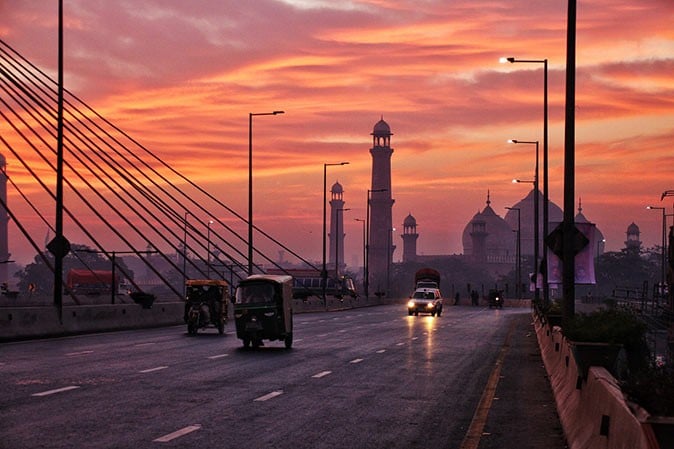
Conclusion
Relocating to Dubai is an exciting journey that offers immense opportunities. With proper planning and resources like Homebook.ae, your transition can be seamless and rewarding. Start your new chapter in Dubai today!
Frequently Asked Questions (FAQs)
How much money do I need to move to Dubai?
Your initial costs depend on factors like housing and visa fees. A budget of AED 15,000 to AED 20,000 is a good starting point.
Can I find affordable housing in Dubai?
Yes, platforms like Homebook.ae offer budget-friendly options tailored for expats.
What is the average cost of living for a Pakistani expat in Dubai?
On average, living costs range from AED 4,000 to AED 8,000 per month, depending on your lifestyle.
How can I find housing quickly as a new arrival?
Visit trusted platforms like Homebook.ae to explore flexible and budget-friendly rental options.
What documents are required for setting up a bank account in Dubai?
You’ll need your Emirates ID, passport, and a residence visa to open a bank account in Dubai.
